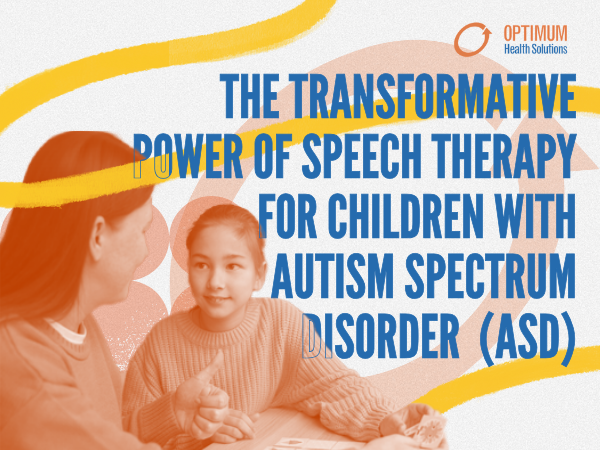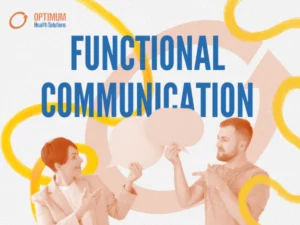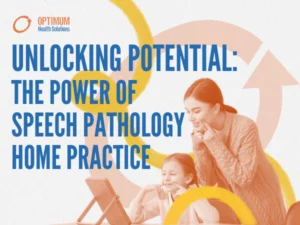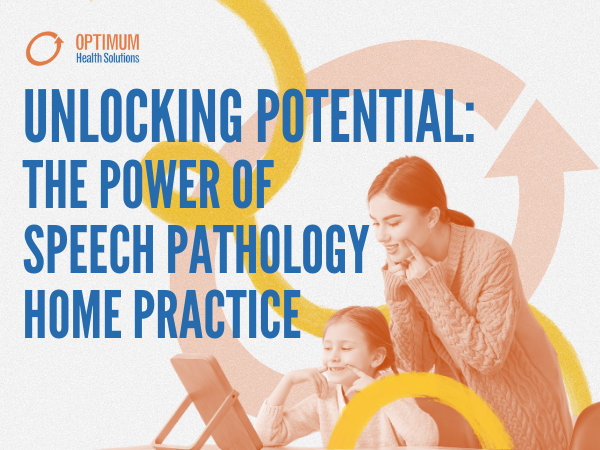Communication is a fundamental aspect of human interaction, yet for children with Autism Spectrum Disorder (ASD), expressing themselves can be a significant challenge. In this article, we delve into the invaluable benefits of speech therapy in helping children with ASD develop essential communication skills, fostering connections and improving their quality of life.
Early Intervention and Communication Development:
Speech therapy for children with ASD often begins at a young age to address communication delays and difficulties. Early intervention is crucial as it provides opportunities to develop foundational communication skills, including vocabulary acquisition, expressive language, and understanding social cues.
Improving Social Communication:
Children with ASD may struggle with pragmatic language skills, making it challenging to engage in meaningful social interactions. Speech therapists work on enhancing social communication abilities by teaching turn-taking, initiating and maintaining conversations, understanding non-verbal cues, and interpreting emotions.

Addressing Speech Articulation and Fluency:
Some children with ASD may experience speech sound disorders or fluency issues such as stuttering. Speech therapy techniques focus on improving articulation, speech clarity, and fluency to enhance overall communication effectiveness and confidence.
Alternative Communication Methods:
For children with ASD with limited verbal communication, speech therapy encompasses alternative communication methods such as augmentative and alternative communication (AAC) devices, sign language, or picture exchange systems. These tools effectively empower children to express their needs, thoughts, and emotions.
Reducing Anxiety and Enhancing Confidence:
Communication challenges can lead to frustration, anxiety, and social isolation for children with ASD. Speech therapy provides a supportive environment where children can build confidence in their communication abilities, reducing anxiety and facilitating meaningful interactions with peers and caregivers.
In conclusion, speech therapy plays a vital role in supporting children with ASD in developing essential communication skills that are crucial for their social, academic, and emotional well-being. If you have a child with ASD who experiences communication difficulties, consulting with a speech therapist can be a pivotal step towards unlocking their communication potential.














